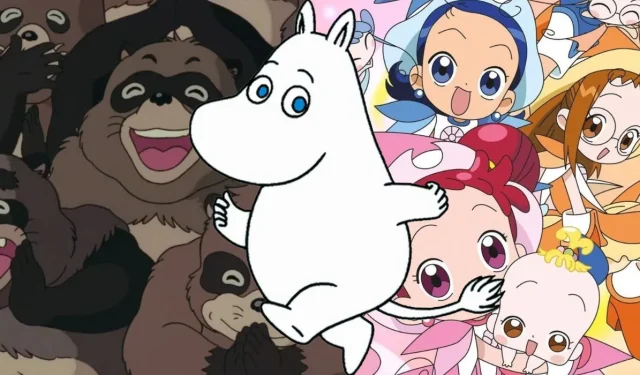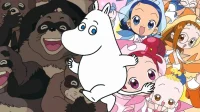When reminiscing about ’90s anime targeted at children, it’s easy to gravitate towards the iconic series such as Pokémon, Digimon, or perhaps Sailor Moon, if one was fortunate enough to catch it. While these shows rightly deserve their accolades, they have inadvertently overshadowed a wealth of other creative and emotionally resonant anime from the same period. For many fans, these underrated treasures carry just as much nostalgia and narrative depth, even without extensive marketing campaigns to promote them.
The 1990s marked a golden age for animation in Japan, introducing a diverse range of anime genres including science fiction, historical drama, fantasy, slice-of-life, and magical girl adventures. These series frequently explored profound themes that surpassed their vibrant appearances, asking pivotal questions about friendship, family, loss, identity, and courage amidst challenges. This article highlights some less-celebrated ’90s kids’ anime that warrant another look—or potentially a first glance—as viewers may discover remarkable storytelling they missed out on.
10. Monster Rancher
Anime Series by TMS Entertainment; Based on the Video Game Series by Tecmo
Although it remained in the shadow of Pokémon and Digimon, Monster Rancher forged its own distinct identity through a darker narrative and serialized storytelling. Following the adventures of Genki, a boy transported to a world populated by various monsters including Moochi and Suezo, the series is recognized for its emotionally engaging plotlines, often dealing with themes of betrayal and mortality—elements notably absent from other children’s shows of the era.
This series distinguished itself by merging elements of fantasy and science fiction, presenting a treasure-hunt-style quest to revive the legendary Phoenix to thwart evil. As characters evolved, their experiences profoundly impacted their journey, enhancing the show’s depth. In contrast to Pokémon’s episodic reset, Monster Rancher built on past events, creating a richer narrative that appealed to both younger audiences and the slightly older demographic.
9. Flint: The Time Detective
Anime Series by Group TAC; Based on the Concept by Hitoshi Oda
Brimming with time travel, dinosaurs, and a delightful sense of humor, Flint: The Time Detective follows Flint Hammerhead, a prehistoric boy who is thrust into the modern world as a time detective. Flint, along with his companions, embarks on a mission to capture “Time Shifters” —beings existing throughout history—while fixing disruptions in the timeline.
This show masterfully balances education and entertainment, infusing historical facts into its engaging action sequences, making learning fun. Flint, a lovable caveman with a knack for problem-solving, alongside a quirky supporting cast consisting of his scientist “dad” and a robotic aide, impart vital lessons about teamwork and history, thus deserving more recognition for its clever premise and character development during its initial airing.
8. Remi, Nobody’s Girl
Anime Series by Nippon Animation; Based on the Novel by Hector Malot
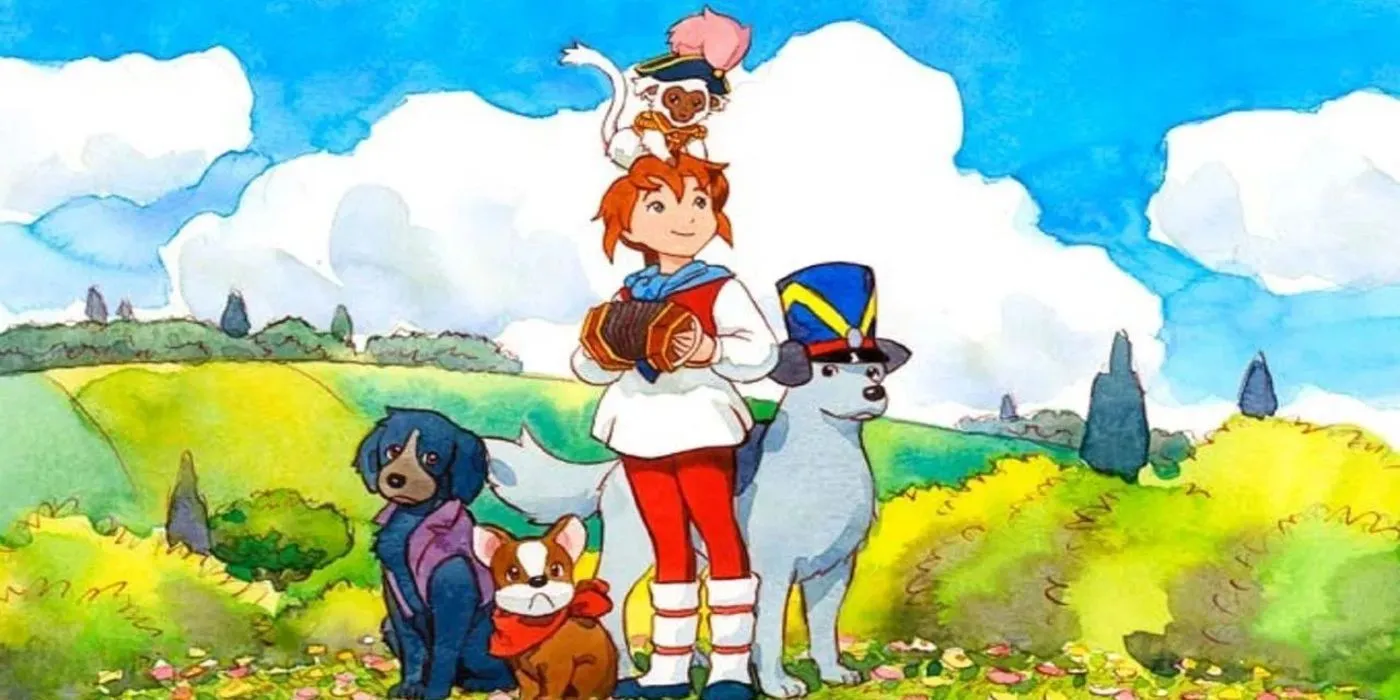
Among the most poignant anime of the ’90s, Remi, Nobody’s Girl is adapted from Hector Malot’s French novel. Following the life of Remi, a kind girl who learns she is adopted and is subsequently sold to a traveling performer, the series weaves a heartfelt tale of resilience and hope. Through gentle storytelling, it communicates profound messages about the human spirit and navigating loss.
This emotionally rich narrative explores critical themes such as poverty and social class, deftly portraying Remi’s relationships with Vitalis, her traveling companions, and the animals around her. Each episode encapsulates both struggle and hope, establishing Remi, Nobody’s Girl as an intelligent children’s anime that encourages viewers to confront adversity with courage and kindness.
7. Zoids
Anime Series by Xebec; Based on the Toy Line by TOMY
Before Transformers made a significant comeback, Zoids captivated audiences with its combination of mecha battles and themes of personal growth. Set in a futuristic landscape where pilots control gigantic animal-shaped robots, the story centers on young adventurer Van Flyheight, who discovers an Organoid named Zeke and harbors dreams of becoming the premier Zoid pilot.
Beyond its exterior as a mere toy commercial, Zoids offers compelling character development and progressively evolving relationships. The series magnifies the emotional stakes of battle, integrating themes of personal rivalries and moral dilemmas, showcasing the growth of its characters. This sophisticated narrative intertwined with military intrigue positioned Zoids as a timeless series for action enthusiasts.
6. Romeo’s Blue Skies
Anime Series by Nippon Animation; Based on the Novel by Lisa Tetzner
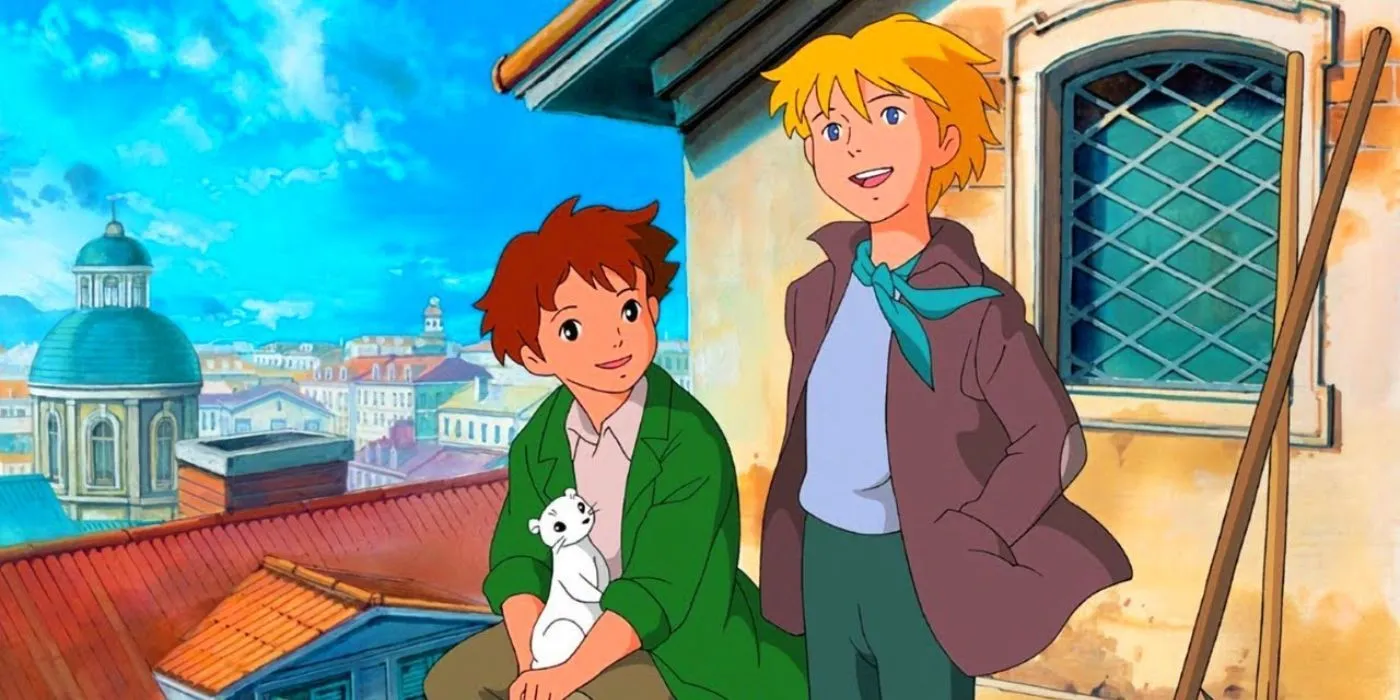
This adaptation of classic literature, like Romeo’s Blue Skies (also known as Romeo and the Black Brothers), approaches children’s anime with sensitivity and depth. Set in 19th-century Milan, the story follows Romeo, a child laborer forced into chimney sweeping, who finds solace and camaraderie among others like him in a secret brotherhood.
Utilizing accessible storytelling methods, this series delves into themes of solidarity, resilience, and social injustices faced by the characters. Romeo and his friends champion family, dignity, and freedom against the oppressive realities of their world. Despite tackling serious subjects, the heartwarming narrative resonates deeply, imparting valuable lessons in empathy and perseverance.
5. Hello Kitty
Anime Series by Sanrio and Animation Studio Toei Animation; Based on the Character by Yuko Shimizu
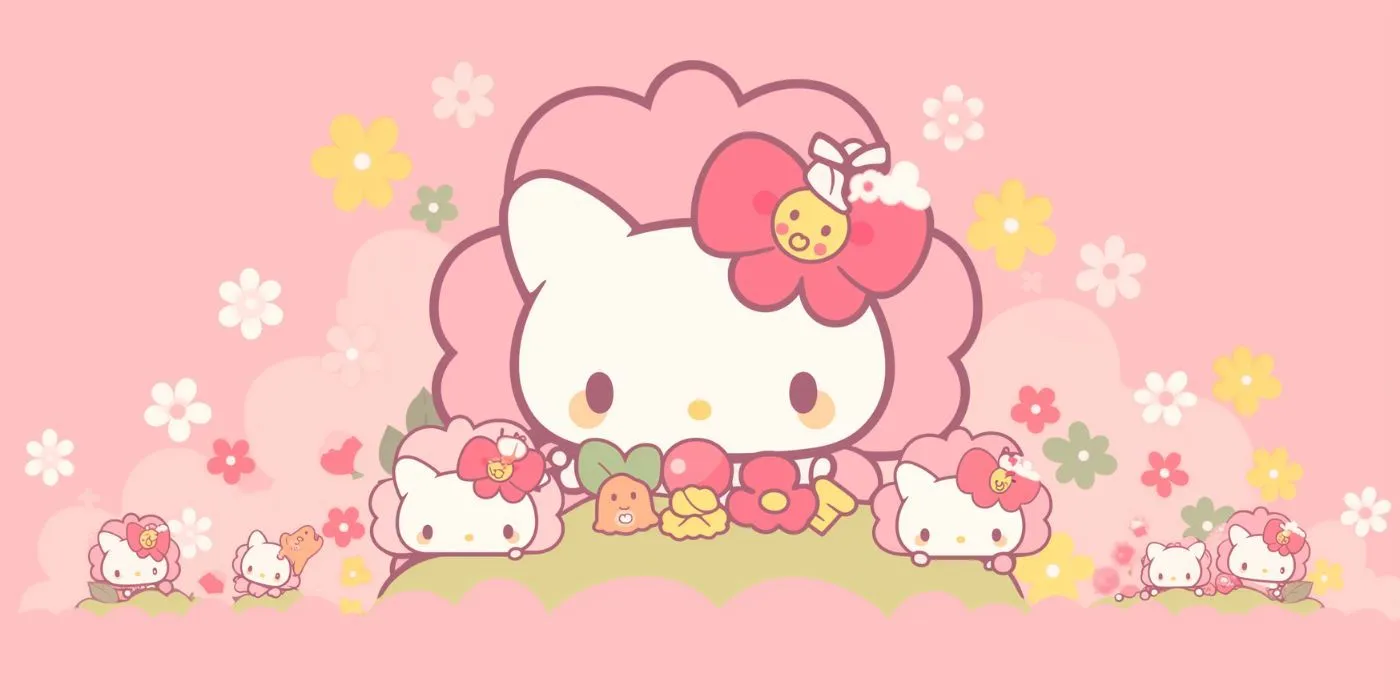
While Hello Kitty is a global icon, many may not know of its anime series from the ’90s, which offered a delightful compilation of short stories and fairy tale retellings. Featuring Kitty White and her twin sister Mimi, the series transported viewers into imaginative environments where they reenacted iconic tales like Alice in Wonderland and Snow White. Each episode conveyed meaningful life lessons in a visually enchanting format.
This show deserves acknowledgment for its artistry and ability to foster values such as kindness and cooperation among young viewers. By highlighting the importance of imagination and empathy, Hello Kitty provided a nurturing space that was as gentle and comforting as it was entertaining.
4. Magical DoReMi
Anime Series by Toei Animation; Original Concept by Izumi Todo
Preceding the reign of Pretty Cure, Magical DoReMi (also known as Ojamajo Doremi) dazzled audiences with its vibrant storytelling about a group of girls aspiring to become witches. The protagonist, Doremi Harukaze, stumbles upon a mysterious witch’s shop, leading her and her friends into an exciting mix of magic and the trials of growing up.
Combining whimsical elements with relatable issues such as peer pressure and self-esteem, Magical DoReMi offers heartfelt narratives that encourage empathy and resilience while pursuing one’s dreams. With catchy tunes and a colorful aesthetic, it remains one of the most endearing entries in the magical girl genre that has stayed true to its emotional core.
3. Moomin
Anime Series by Telescreen Japan and Studio Junio; Based on the Books by Tove Jansson
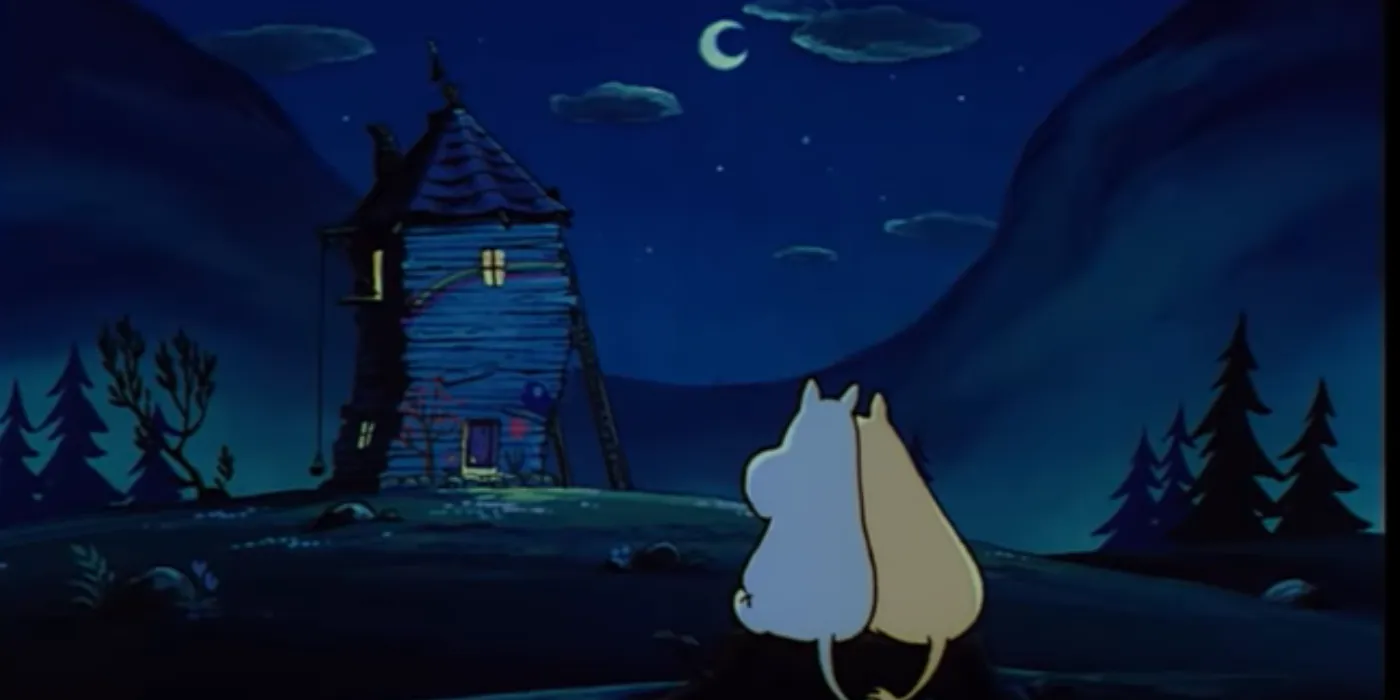
Adapted from Tove Jansson’s enchanting Finnish literature, Moomin came alive in anime form during the early ’90s, still regarded as a subtle classic. Following the gentle Moomintroll and his friends, the series presents slice-of-life stories set in the whimsical Moominvalley filled with colorful adventures and philosophical undertones.
The series capitalizes on introspective storytelling rather than relying on action or fantasy tropes. Instead, it emphasizes compassion, community, and the serene beauty of nature, effectively encapsulating themes of acceptance and the passage of time with poetic nuance. Through its dreamlike animation and complex characters like Snufkin, Moomin gently imparts the importance of wonder and quiet reflection in a tumultuous world.
2. My Neighbors the Yamadas
Film and Segmented Series by Studio Ghibli; Based on the Manga by Hisaichi Ishii
Studio Ghibli is renowned for masterpieces like Spirited Away and Princess Mononoke, yet My Neighbors the Yamadas stands out as a delightful yet lesser-known work. This film-turned-vignette series showcases the comedic escapades of an ordinary Japanese family, characterized by a watercolor aesthetic and episodic narrative structure.
What makes My Neighbors the Yamadas shine is its relatability, capturing the small joys and quirks of family life with humor and warmth. By focusing on mundane experiences—parents bickering, children daydreaming, and grandma’s quirky wisdom—it provides audiences, both young and old, with heartfelt reflections on family bonds and life. This simplicity resonates in its humor and lessons, making it a universal tale.
1. Pom Poko
Animated Film by Studio Ghibli; Original Story Written and Directed by Isao Takahata
Another compelling Ghibli offering, Pom Poko ventures beyond conventional children’s narratives. Centering on a community of shape-shifting tanuki, the film tackles environmental issues as the creatures resist human encroachment upon their forests. While laced with humor and folklore, it does not shy away from examining heavy topics like extinction and displacement—making it one of the industry’s most mature children’s anime.
Despite its somber themes, Pom Poko maintains a whimsical and thought-provoking tone as the playful tanuki engage in mischief. The film subtly confronts existential questions alongside the environmental crisis through a coherent storyline wrapped in charm. For families seeking to engage young viewers with meaningful content, Pom Poko remains an essential entry in the anime canon.
